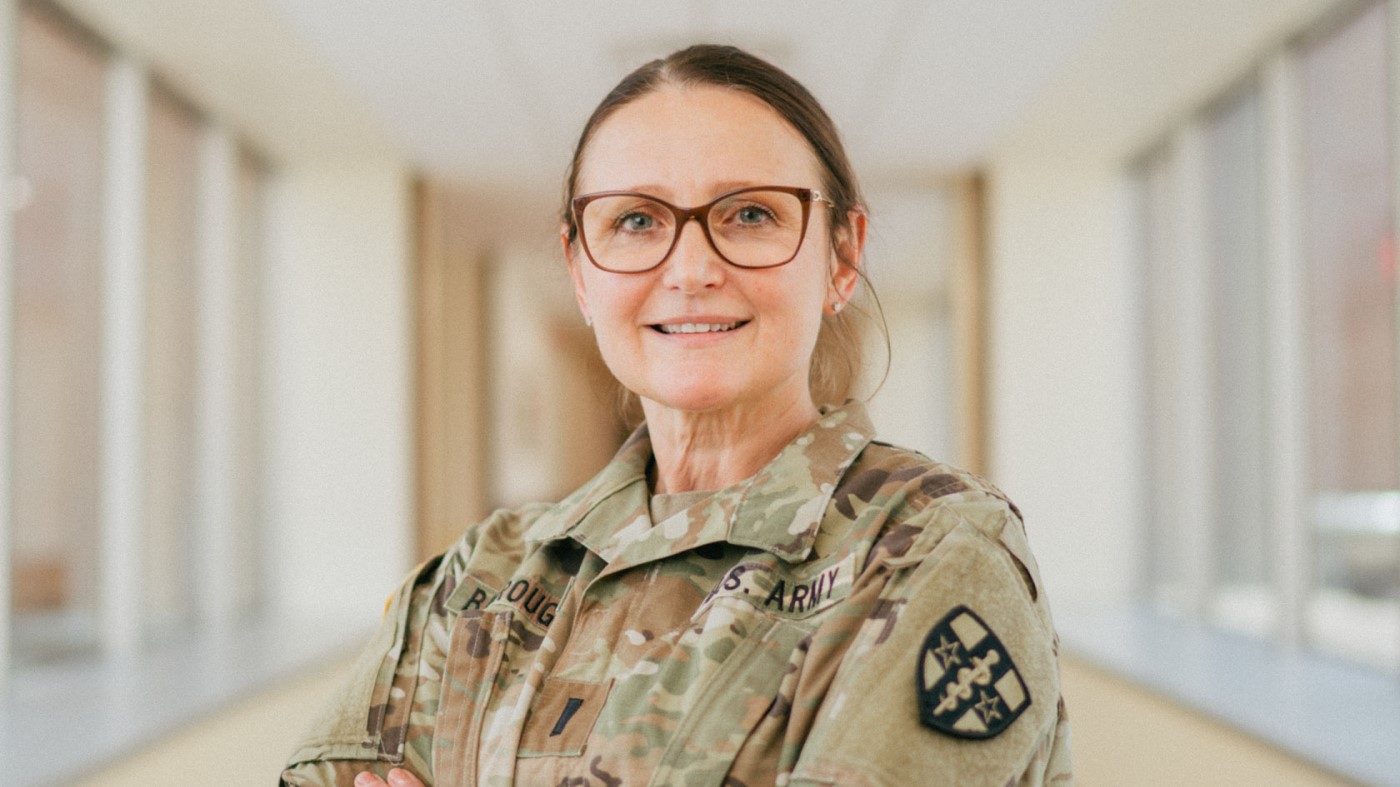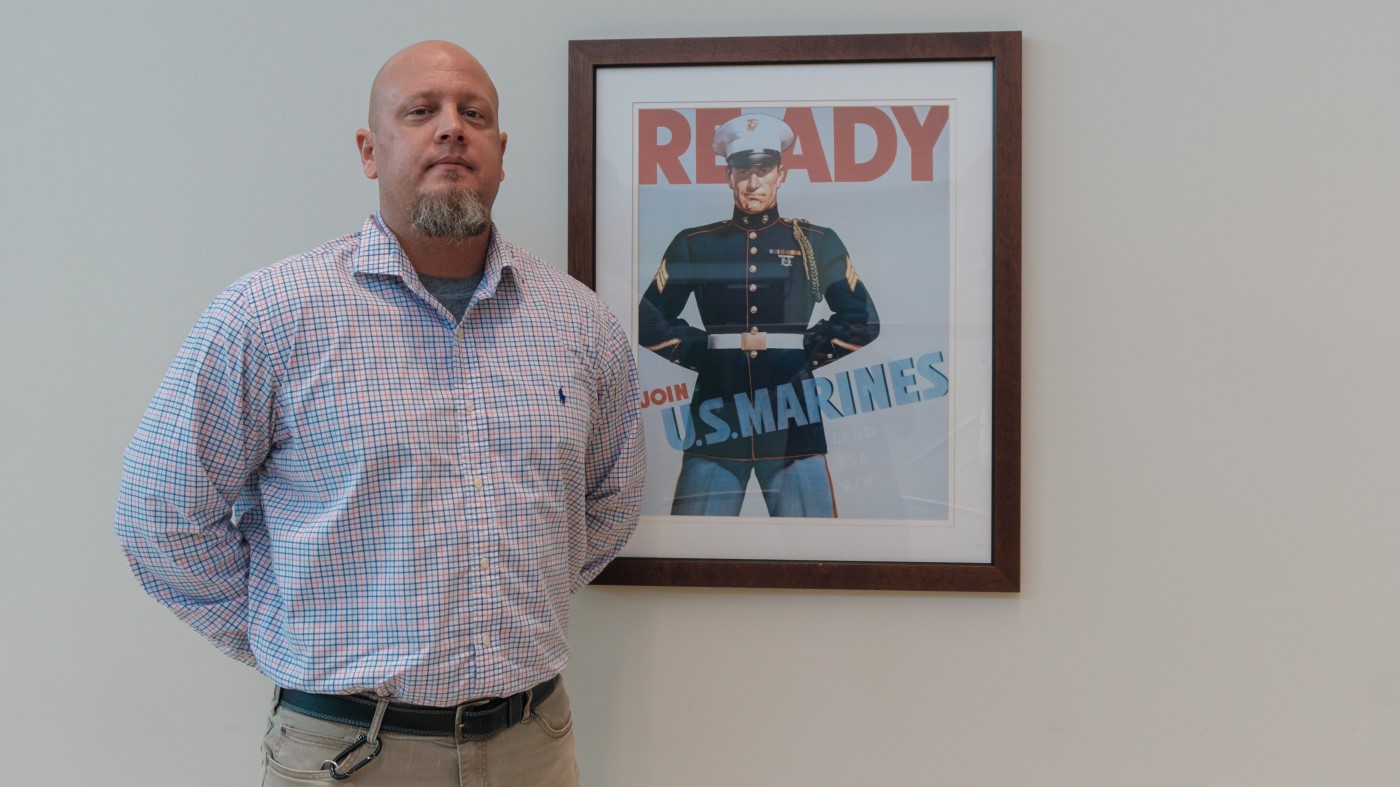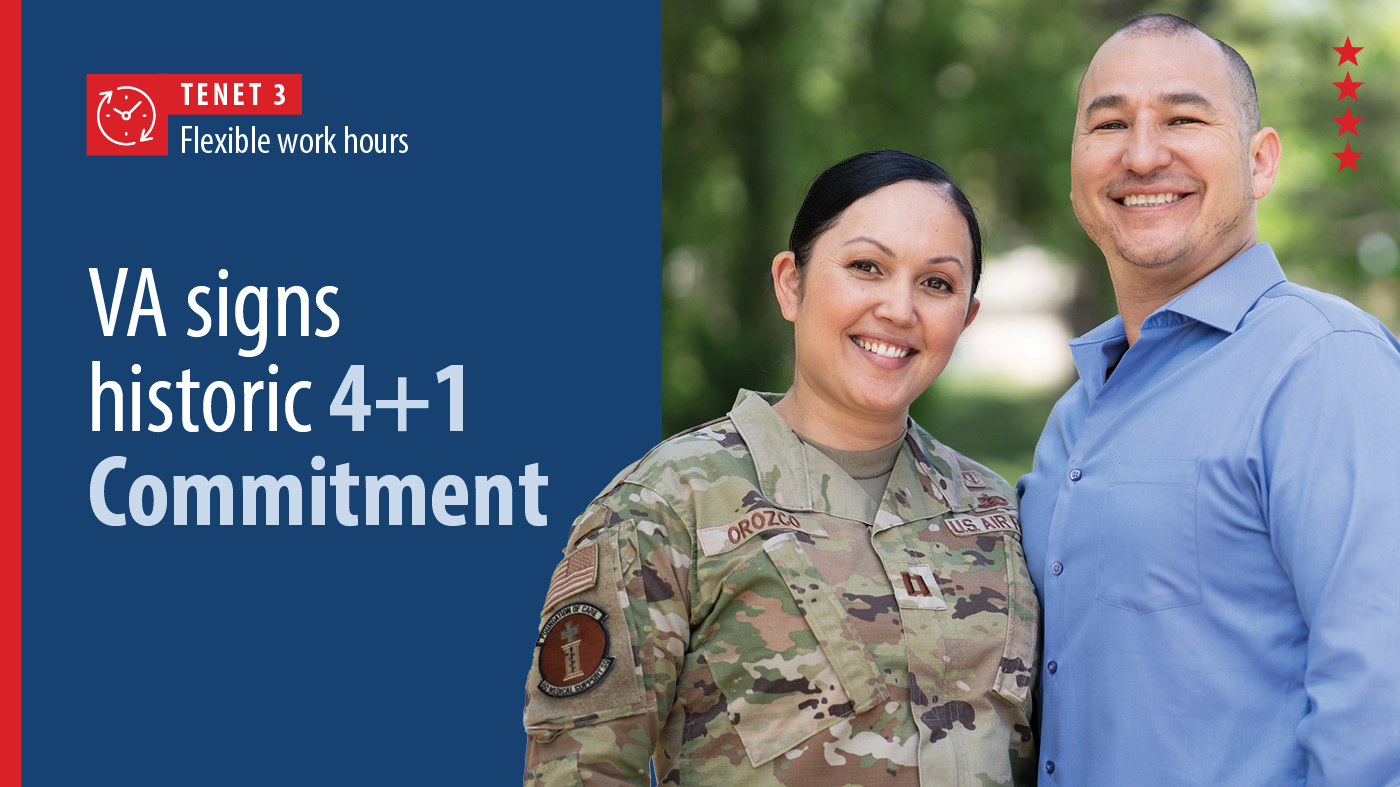While we employ many Veterans just like you here at VA, we also have civilians in a number of roles, including in human resources. So, while there are plenty of folks who speak the same jargon as you, the person reading your resume may not understand the words, phrases and especially acronyms you use in the military.
Taking the time to translate your experience into terms that will be more familiar to a broad audience is a good step on the path to a successful job application.
A good place to start is in the job description itself. Every job announcement will have a “duties” section that describes the expectations for the role, as well as a “qualifications” section devoted to experience and skills. Look at the postings associated with the jobs you want and see what words they use to describe the requirements.
Another good tip is to focus on communicating the functions of your role, no matter your rank or your specialty. While some job duties are self-explanatory, there are others that require a little more definition, as civilians aren’t likely to know the duties that accompany things like ranks.
Work at VA
Ready to learn more? Head over to VA Careers for more in-depth tips and access to more resources aimed at helping transitioning military personnel like you find a place on our team.
Topics in this story
More Stories
Even as we serve Veterans, we want Veterans like you to join our team, because you understand the value of serving those who served.
VA is implementing the historic 4+1 Commitment to attract, hire, and retain military spouses. Learn more about this commitment and a key tenet, VA’s commitment to flexible work hours for military spouses.
The Rural Scholars Fellowship is an outstanding opportunity to become a leader in rural health care at VA.







The VA will hire anything. The Name of their mental health section should be renamed, Glenn’s new and primitive Willowbrook. Reading is Fundamental!
This entire Article is just wrong! Most military personnel has given up or lost everything they had to fight & defend our Country. And, now our Country can’t adjust to us. Some of us were trained and lived the military life for over 20 years. No! We do not need to adjust our way of life or how we speak. Civilians who work in a facility to help military personnel should be trained in how to speak and understand our “Military Jargon”.
This is wrong. A Veteran should NEVER have to disguise the fact that they served. I am a Vietnam Veteran and due to the reception we received on returning home many Vets did not mention that they served, and some even denied it.
I did not and am now, as I was then, PROUD of my service.
Today, Americas attitude toward our Veterans is much better and I believe this ‘suggestion’ to speak civilian is a slap in the face to all who have served. I only hope it was not put forward by a Veteran.
Why do I need to eliminate military jargon? I am proud to be a veteran. If someone doesn’t understand what I am saying they just need to ask and I will politely explain and make an effort to keep everyone in the loop.
“Military Jargon” is part of being in the military and being a Veteran. Most Veterans use it profusely and other personnel who don’t understand it can always ask what it means. And any Civilian involved in the hiring process at an organization that support military should be proficient in “Military Jargon”. Be Proud of Your Service. Alpha Alpha Tango Whiskey!